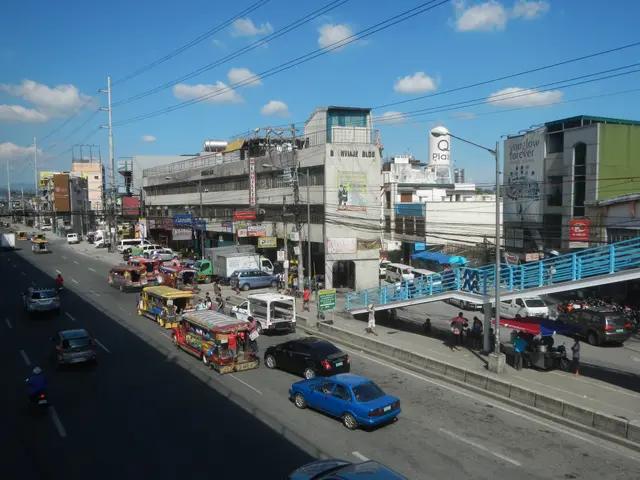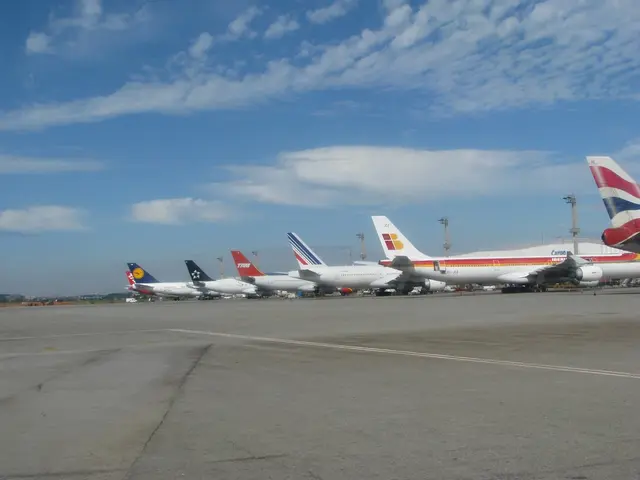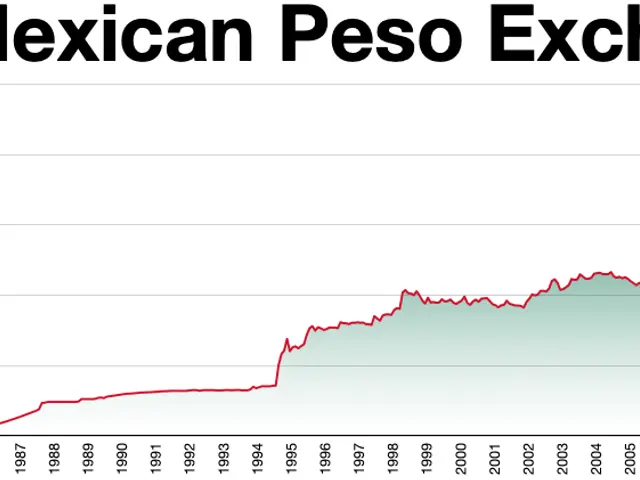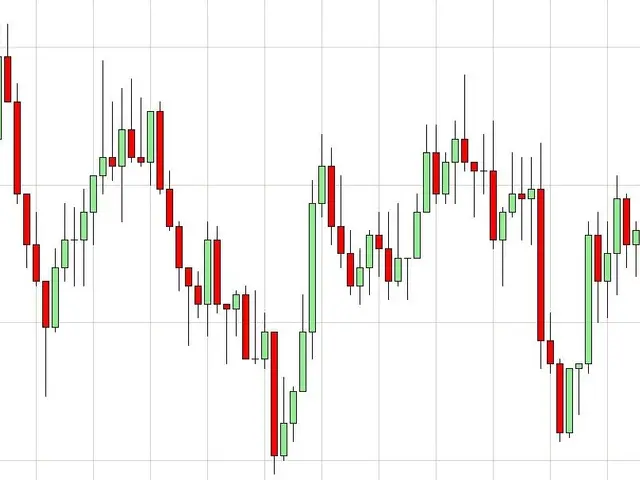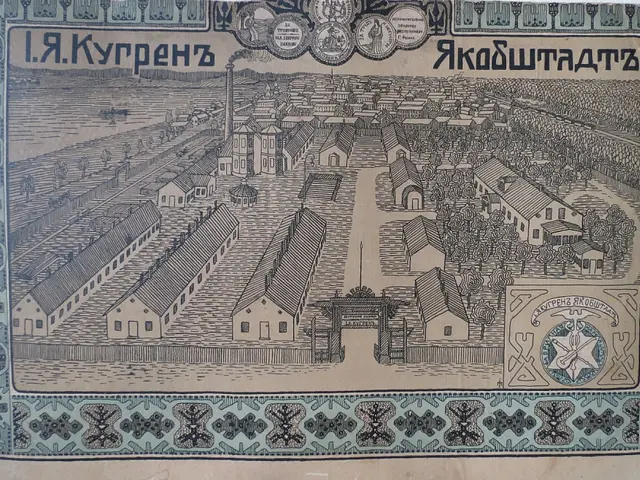Malaysia intends to develop a freight rail connection to Bangkok, with the aim of enhancing cross-border commerce.
Here's the rewritten article:
Get ready for some serious trade action, folks! Malaysia's got a brilliant new plan up its sleeve – a direct rail cargo service between our vibrant capital, Kuala Lumpur, and the fabulous city of Bangkok! According to our mighty Transport Minister, Anthony Loke, this badass connection is set to supercharge bilateral trade and deepen ASEAN economic integration.
Loke spilled the deets during a recent interview, revealing that the Cabinet and the Prime Minister have given the project the green light. We can expect this bad boy to take off later this year! And here's the kicker – this direct rail link won't just boost trade between Malaysia and Thailand; it'll also open up opportunities for countries like Laos, China, and Central Asia.
Now, you're probably wondering how this is all going to work. Well, gears are already turning on existing railway tracks that link Bangkok, Padang Besar, Butterworth, and Kuala Lumpur. Isn't that just a clever solution?
To make this dream a reality, Malaysia and Thailand's railway operators, Keretapi Tanah Melayu Berhad (KTMB) and the State Railway of Thailand (SRT), have been given three months to get their ducks in a row for the big launch. Exciting times, right?
By the way, if you're curious about the bigger picture, this cargo rail link isn't just about two countries. It's all about expanding trade and logistics networks, creating a ripple effect that reaches far beyond the borders of Malaysia and Thailand.
Sources:[1][4][5] (Enrichment Data)
The new direct rail cargo service between Kuala Lumpur and Bangkok promises to amplify trade, which could extended to countries like Laos and China. This project, bolstered by finance, will likely stimulate growth within the transportation industry as well.
Upon successful implementation, this railway link may potentially impact the broader international arena by fostering expanded trade and comprehensive logistics networks, thereby influencing the finance sector as well, as it connects regional economies.

